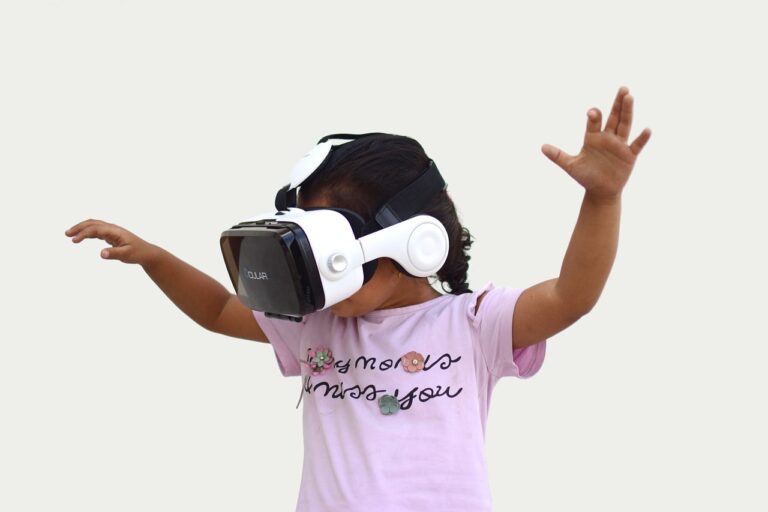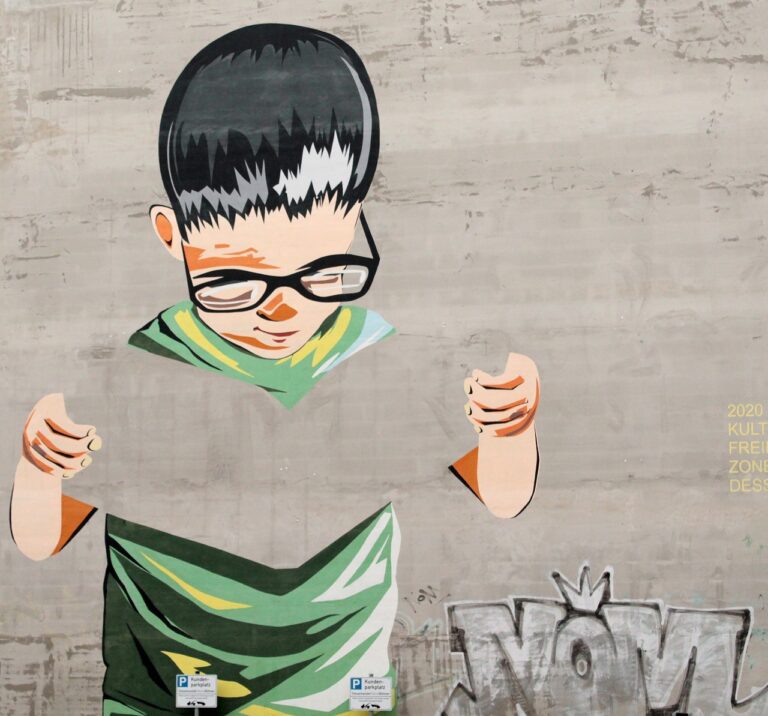Education and Blockchain: Opportunities and Challenges
Blockchain technology has been making waves in the education sector in recent years, revolutionizing how data is stored and managed. By utilizing decentralized and secure digital ledgers, blockchain has the potential to enhance the transparency and reliability of educational records, making it easier for students and institutions to access and verify academic credentials.
Furthermore, blockchain can facilitate the sharing of educational resources and content across borders, fostering collaboration and innovation in the global education community. This technology has the capability to streamline administrative processes, reduce bureaucratic inefficiencies, and ensure the integrity of student data, ultimately paving the way for a more efficient and trustworthy education system.
Benefits of Integrating Blockchain in the Education Sector
Blockchain technology offers a revolutionary solution to challenges encountered in the education sector by providing enhanced security and transparency. Through the use of blockchain, educational institutions can securely store and verify student credentials, academic records, and certifications. This eliminates the risk of fraud and ensures the accuracy and authenticity of academic achievements, benefiting both students and institutions.
Moreover, the immutability of blockchain technology ensures that records are tamper-proof, promoting trust and credibility within the education system. By decentralizing data storage and management, blockchain reduces the reliance on intermediaries, streamlining processes and increasing efficiency. This ultimately leads to cost savings and improved administrative workflows, making blockchain integration a valuable asset in shaping the future of education.
What is blockchain technology?
Blockchain technology is a decentralized, distributed ledger system that securely records transactions across a network of computers.
How can blockchain technology be used in the education sector?
Blockchain technology can be used in the education sector to securely store and verify student credentials, streamline administrative processes, and create tamper-proof academic records.
What are some benefits of integrating blockchain in the education sector?
Some benefits of integrating blockchain in the education sector include increased data security, enhanced transparency, reduced administrative costs, and improved efficiency in record-keeping.
How can blockchain technology improve the verification of student credentials?
By using blockchain technology, student credentials can be securely stored and easily verified by employers or other institutions, reducing the risk of fraud or credential misrepresentation.
Can blockchain technology help in creating a more transparent education system?
Yes, blockchain technology can help create a more transparent education system by providing a secure and immutable record of academic achievements, qualifications, and certifications.
How can blockchain technology streamline administrative processes in educational institutions?
Blockchain technology can streamline administrative processes by automating tasks such as student registration, course enrollment, and transcript management, leading to increased efficiency and reduced paperwork.





